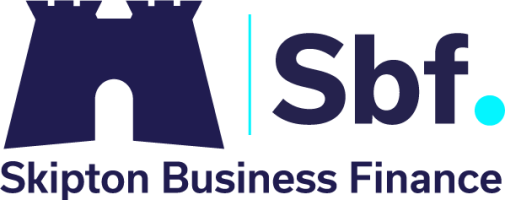Over the last few years there has been a marked change in the stance of banks and their lending criteria, particularly for overdrafts. This has been driven by the economic climate and also changes in legislation which have eroded elements of the security value of the traditional mortgage debenture.
This has allowed the invoice finance market to step in and fill some of the vacuum. In order to compare the two we need to understand how an overdraft is viewed these days from both the perspective of the bank and its clients.
From the bank's point of view
The recent changes in legislation mean the bank’s security requirements for the overdraft is rising and they are increasingly looking for higher levels of personal security. The granting of an overdraft is also dictated by the historic financial performance of the client and, with the current economic crisis showing slender signs of receding, most businesses have seen some weakening of their balance sheet and losses which ultimately makes it more difficult for the bank to agree to an overdraft.
From the client's point of view
The problem with an overdraft is it’s repayable on demand and can be withdrawn at anytime. The limit is usually fixed and, should more be required, he client generally has to go through the whole process again. This can only result in more time and cost.
Where invoice finance wins hands down
- It generates more cash than an overdraft – usually twice as much
- Less personal security is required
- It’s based on sales and therefore grows with the business - meaning you don’t have to keep going back to the bank asking for more!
- It’s not based on historic balance sheet performance and therefore is suitable for businesses in a turnaround or highly geared
- It’s apparent that, in the current climate, invoice finance provides a much safer and more flexible funding solution for many SME’s by providing certainty of contract (i.e. not repayable on demand) and increased funding linked to sales.
Whilst there is an argument that invoice finance can be a little more expensive than a traditional overdraft, most business-owners appreciate that it’s worth paying that little bit extra for greater flexibility and peace of mind. Some even use it to obtain supplier discounts by paying them earlier!
In summary
- Invoice Finance will typically provide you with a twice as much cash as an overdraft
- The facility is linked to your sales (not your historic balance sheet) and will therefore grow with your business
- Financial stability is more certain, as agreements are for a fixed period and are not repayable on demand
- There is no need to put up your home as security
- With invoice factoring, you can outsource management of your entire sales ledger saving you both time and costs.







